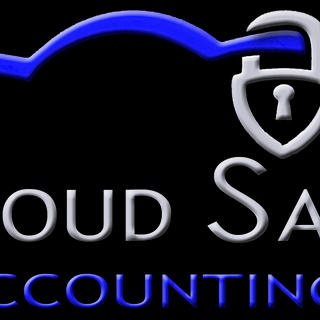Common Scams in the time of COVID-19 Pandemic
- Cloud Safe Accounting
- Sep 29, 2020
- 2 min read
Common Accounting Scams in the time of COVID-19 Pandemic
Did you know that over $3,360,000 has been lost since the outbreak of COVID-19?
With our current situation now, online hackers, scammers, and cybercriminals took full advantage of this new normal.
Here are the most common scams in most accounting firms in the past 6 months:

Superannuation Scam
In April, some online hackers and scammers took full advantage of the Government’s announcement that financially impacted individuals can have partial access to their superannuation. These scammers have been cold-calling people cold- asking for personal information claiming they can help them access their super accounts or that they can check on the individual’s behalf if they were eligible for benefits.
Another tactic used was phishing texts and emails sent to gain personal information with attempts to use those to access the victims’ accounts.
For more information on these scams and how to report them below:
Government Impersonations
Aside from superannuation scams, cybercriminals have also been pretending to be government agencies like myGov, the ATO, or the Australian Department of Health with phishing text messages or emails.
Some samples from government impersonation scams that have been doing the rounds lately.
The messages look legitimate at first glance and look like they just aim to give information around the pandemic but are ultimately set up to gather personal information.
Spread awareness around detecting these phishing scams, and keep your team safe by sharing this amazing Spotting the Scam graphic with them.

Remote Work
With quarantine measures requiring most team members to work from home, scammers have taken advantage of this isolation by sending emails requesting for access to their devices or accounts.
Remote work has its advantages but can leave team members open to more risk than they are exposed to in an office setting.
Normally, in an office setting, it’s easy to turn to your colleague or ask your IT provider if they sent an email asking for a password reset or access to your device. However, with team members working in their own homes, they’re more vulnerable to these types of schemes.
Team training around email phishing schemes, or informing them of common phishing tricks, should go a long way to prevent your team members from falling for them.
Want to learn more about raising team awareness regarding cybersecurity? Here is a 30-minute video on team training and cybersecurity awareness:





Comments